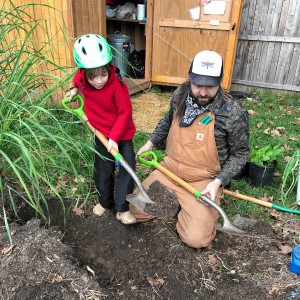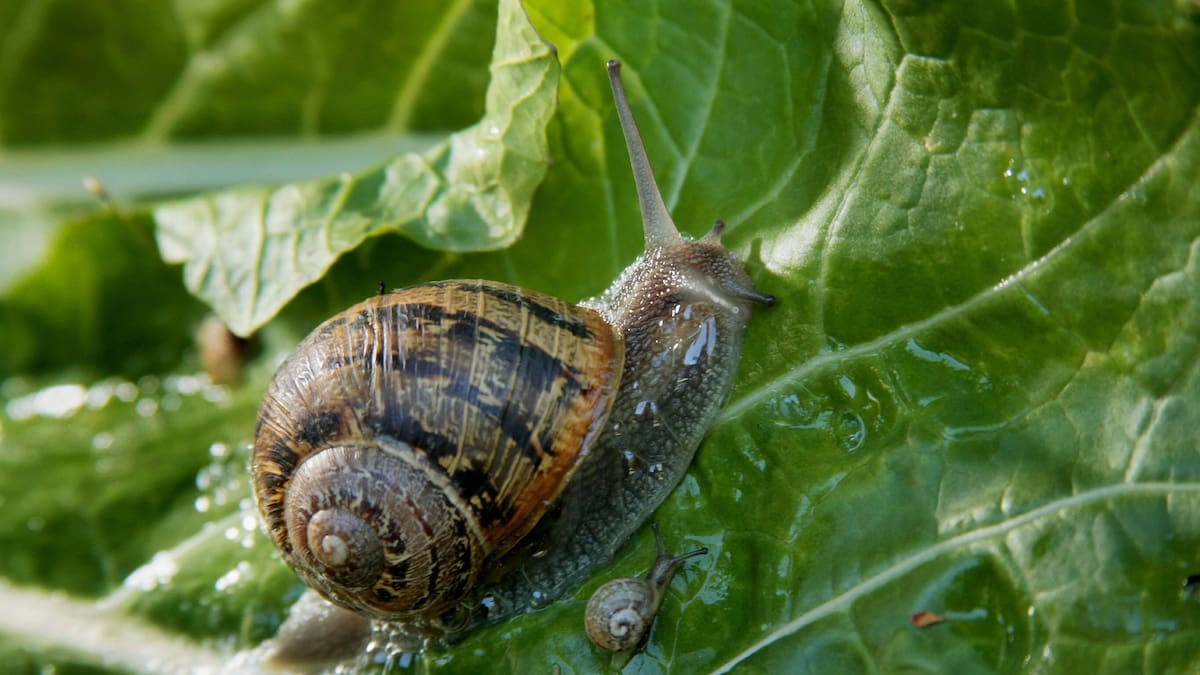Ryan Nestor, a man with a fervor for gardening, shares his passion with his family: his 9-year-old son Ollie, and his long-time partner, Becca Rideout. His ancestors were ardent, hardworking people – his grandfather moved from Greece at a very young age, found employment in restaurants, and eventually became a well-established citizen and family man. Intriguingly, Nestor found himself following his familial path, not only through his work ethic but also through his inordinate fondness for gardening.
A unique farming project that appeals to Nestor and his family consists of attempting to grow sweet potatoes. Originally, the family was drawn to cultivate this crop due to the crop’s additional benefits: sweet potato vines and leaves are known to suppress the growth of weeds and provide shade to the soil. Despite their efforts, the family had little success with this crop. The yield was poor, even when grown in particular black fabric bags – they achieved green growth and beautiful vines, but disappointingly, only a few tiny sweet potatoes.
Refusing to be deterred, the following year, the Nestor family attempted to grow sweet potatoes using slips, which are sprouts that grow from the tuber. Despite careful planning and hard work, Nestor found the yield was again far from plentiful – the sweet potato vines thrived, but the number of harvested sweet potatoes was disappointingly low.
However, one year, the family discovered that felling a tree in their plot provided the sweet potatoes with a sunny spot, a crucial criterion for its growth. Nestor added sand and compost and made tiny hills to make the environment more accommodating for the sweet potatoes. This method led to a much more successful yield.
Additionally, the Nestor family spent a lot of time on vermiculture, which involves feeding ‘red wigglers’- a type of worm, kitchen scraps to create a fertile compost that would enhance their soil. An astonishing discovery was made when sweet potato scraps that did not sprout were discarded into the bins with the worms. Surprisingly, the disregarded sweet potatoes began to flourish.
Nestor, who grew up in a gardening family himself, is now enamored with natural farming practices. He spends much of his time reading about different methods from pseudoscientific perspectives to Korean natural farming. Moreover, he believes that biodynamic methods, which include unusual measures like burying manure in an animal horn, digging it up during the full moon, and stirring it several times, can be the way forward for future farmers.
Apart from farming, Ryan Nestor is by no means a one-note man. He has worked as an interactive media exhibit designer and developer and harbors a deep passion for music having studied composition, sound recording, and designing. He also enjoys playing the guitar and saxophone, often creating music with his son, Ollie. His partner, Becca Rideout, takes the family’s creativity even further as an owner of and producer for Told Video, an award-winning video production company.
Despite being Greek, Nestor does not seem to miss his family’s original surname, “Panayiotopoulos,” finding it to be a mouthful and challenging to spell. Nestor takes pride in his grandfather, who chose the anglicized “Nestor” in honor of a mentor who had greatly helped him.
Undeterred by initial failures and inspired by the story of his ancestors, Ryan Nestor stands tall today, his roots running deep into the soil. The Nestor family, along with their seemingly trivial and creative endeavors, is indeed a force to reckon with, garnering respect from the modern-day community of sustainable farming and leaving their unique imprint, one sweet potato at a time.




